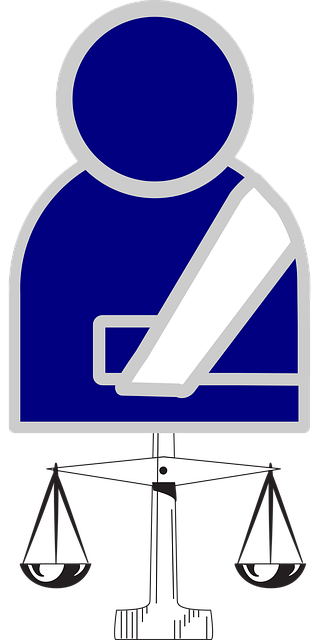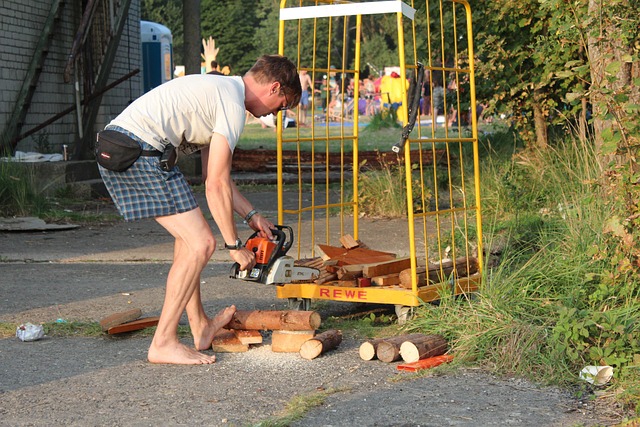A Peoria Injury Attorney provides vital support to families after an injury caused by negligence, offering legal expertise in personal injury laws, handling investigations and negotiations, and ensuring fair compensation while clients focus on recovery. They act as guiding advocates, empowering families with knowledge and resources for holistic care during the recovery process.
In the face of adversity, advocacy is key for families navigating the challenges posed by injuries. This is especially true in Peoria, where understanding the legal landscape can be pivotal. This article delves into the crucial role of a Peoria Injury Attorney in empowering families to secure justice and support. From deciphering complex legal paths to leveraging resources and advocacy strategies, we explore how these professionals navigate the system on behalf of their clients, ensuring fair compensation and peace of mind during difficult times.
- Understanding the Role of Peoria Injury Attorney
- Navigating Legal Paths for Family Support
- Empowering Families: Resources and Advocacy Strategies
Understanding the Role of Peoria Injury Attorney

A Peoria injury attorney plays a pivotal role in advocating for families affected by injuries. They are legal experts who possess an in-depth understanding of personal injury laws and regulations specific to the region. When a family faces challenges due to someone else’s negligence or reckless actions, these attorneys offer crucial support.
By retaining a Peoria Injury Attorney, families gain a powerful ally who can navigate the complex legal system on their behalf. These professionals conduct thorough investigations, gather evidence, and negotiate with insurance companies to ensure clients receive fair compensation for their injuries and associated losses. Their expertise enables them to advocate aggressively for their clients’ rights, ensuring they are not taken advantage of during an already difficult time.
Navigating Legal Paths for Family Support

Navigating legal paths for family support can be a complex and daunting task, especially after an injury has occurred in Peoria. A Peoria Injury Attorney plays a pivotal role in guiding families through this challenging landscape. They provide invaluable expertise and insights into the legal systems, ensuring that victims’ rights are protected and they receive the compensation they deserve.
With their extensive knowledge of personal injury laws, these attorneys help families understand their options and take necessary actions. This includes filing claims, negotiating settlements, or representing them in court to hold liable parties accountable for their negligence. By employing strategic legal approaches, a Peoria Injury Attorney advocates for fair outcomes, enabling families to access the resources needed for healing and recovery.
Empowering Families: Resources and Advocacy Strategies

In the face of an injury, families in Peoria often find themselves navigating uncharted territories. Here, empowering families means providing them with the resources and advocacy strategies they need to navigate complex legal processes and secure justice. A Peoria Injury Attorney plays a pivotal role by offering expertise and guidance tailored to each unique case. They help families understand their rights and options, ensuring they receive fair compensation for medical bills, lost wages, and pain and suffering.
Beyond legal representation, empowering families involves building support networks and educating them about available resources. This includes connecting them with medical professionals, rehabilitation services, and community organizations that can offer assistance during the recovery process. By fostering collaboration among these entities, families can access comprehensive care and advocacy, ultimately enhancing their ability to cope with the challenges posed by an injury.
In conclusion, advocating for families affected by injuries in Peoria involves understanding the crucial role of a Peoria Injury Attorney, navigating legal paths to secure family support, and empowering families with resources and advocacy strategies. By leveraging these steps, communities can foster a landscape where justice is accessible and families receive the care they deserve.
